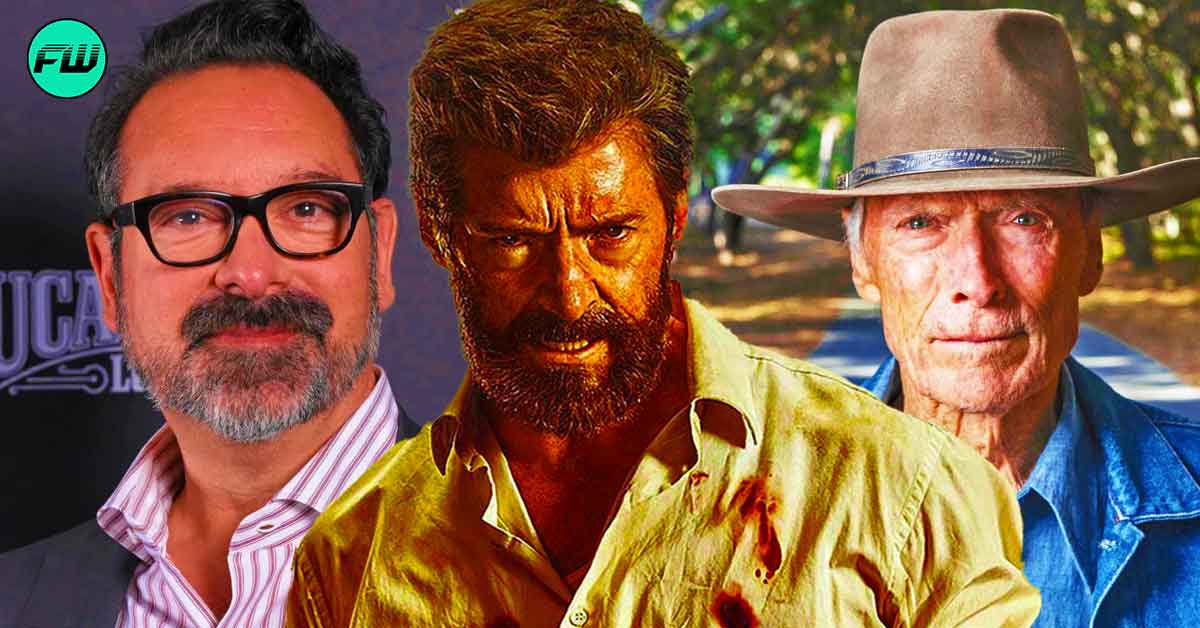Hugh Jackman had a different concept in mind for the ending of James Mangold’s magnum opus Logan. The actor, who is regarded for his on-screen versatility and dynamism, was then getting himself prepared to diligently embody the conclusion to his most notable portrayal of Wolverine within Fox’s X-Men timeline.
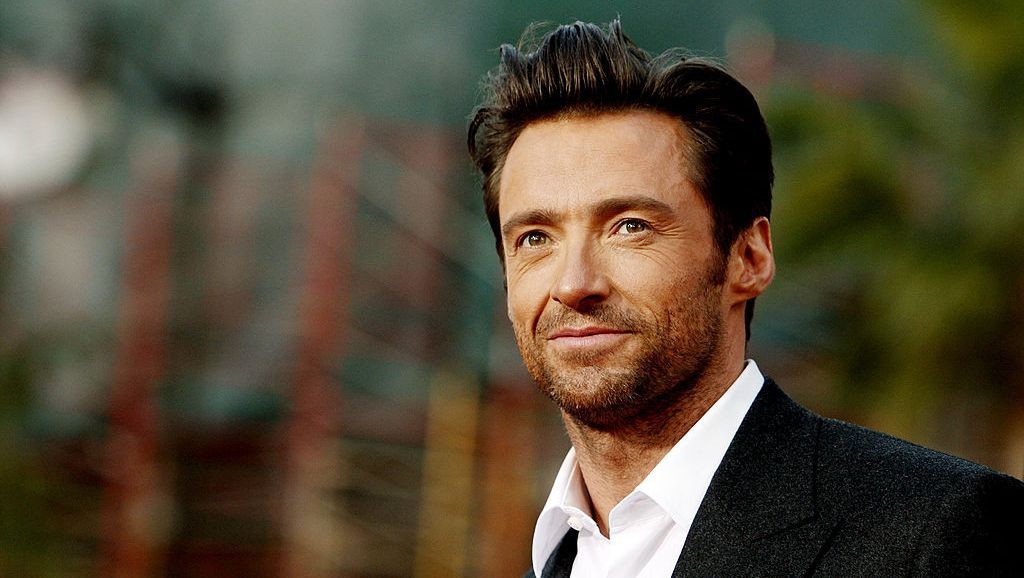
The influence of the Western genre within the film’s narrative is conspicuous. James Mangold, the director of the feature, has often cited 1953’s popular Western/Drama Shane as one of the influential elements that shaped much of what Logan culminated into. As it turns out, that may not have been the only movie within the Western genre that struck a chord of inspiration in the minds of the people involved in the making of the American superhero film.
Hugh Jackman initially envisioned a Clint Eastwood’s Unforgiven-esque ending for Logan; a conclusion which would have resonated with the moral intricacies presented in the 1992 Western.
Hugh Jackman Was Inspired By Clint Eastwood’s Unforgiven
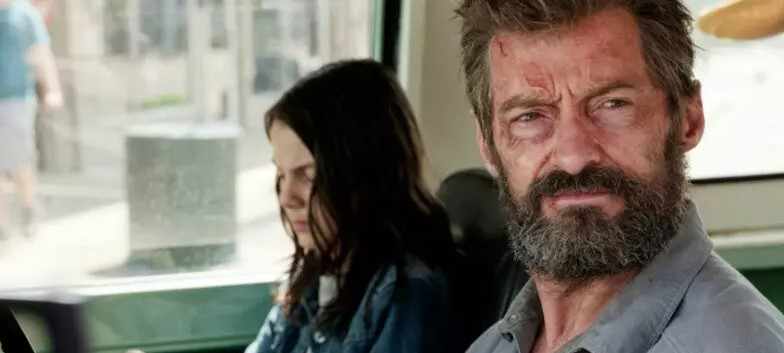
When the Mangold-directed endeavor was in its development stage, Australian actor Hugh Jackman proposed to the former a different and darker denouement to the film that marked Wolverine’s ultimate send-off within the franchise. Talking to Yahoo, the actor admitted, “I was really inspired by Unforgiven.” The 1992 Clint Eastwood-starrer, which was also produced and directed by him, managed to secure several Academy Award nominations and wins. That in itself is a testimony to the Western’s narrative excellence.
It is, therefore, not a surprise that Jackman’s inspiration for a different ending to Logan came from the well-received and highly appreciated film. In what is considered the apex of Eastwood’s Hollywood career, the conclusion of the Western drama, which explores themes of vengeance, remorse, and cold-blooded violence, was what moved the X-Men alum into wanting its thematic incorporation within his own 2017 endeavor.
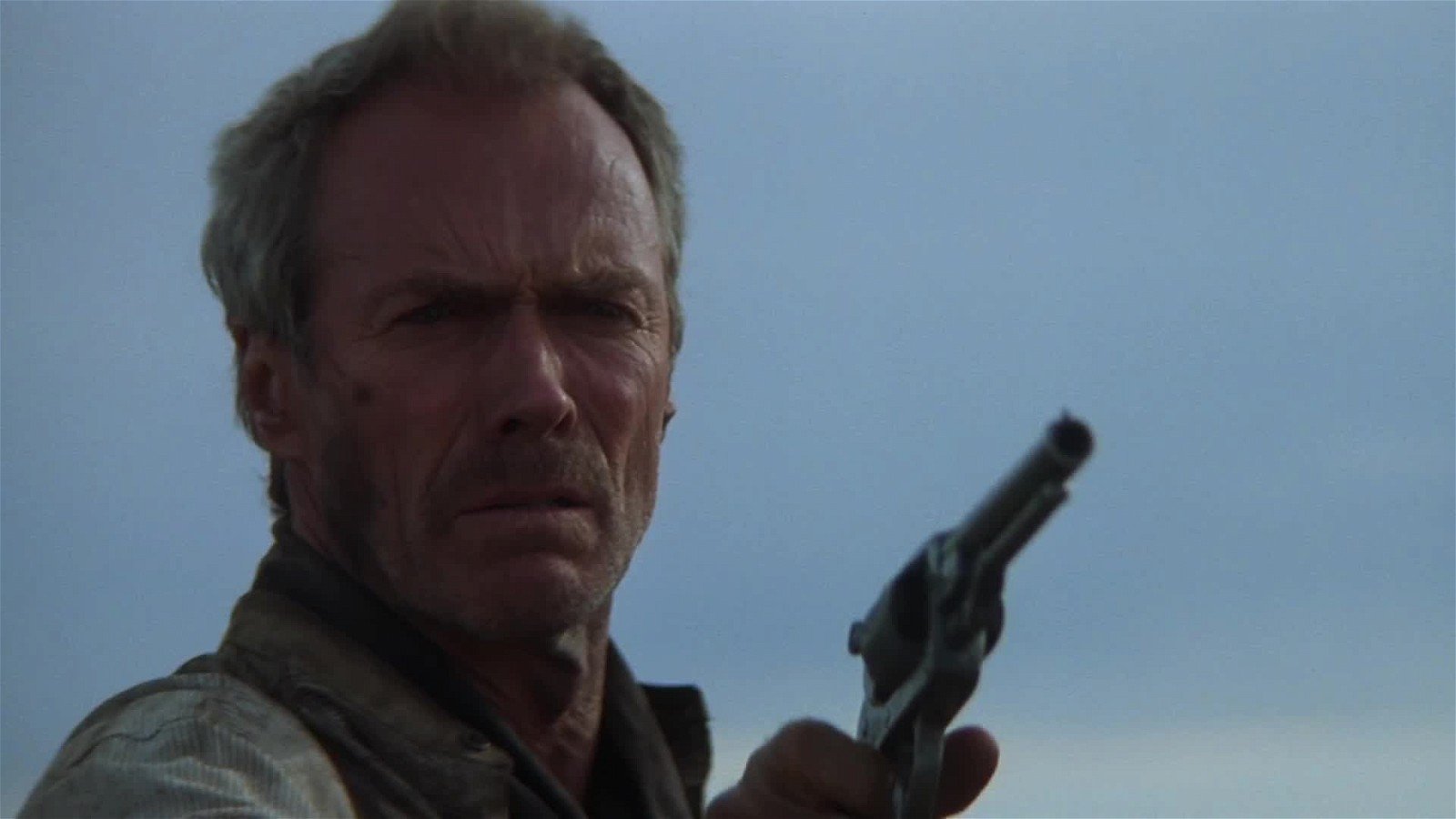
In Eastwood’s highly honored Western, which amassed a box office collection of almost $160 million, we follow the story of William Munny, a reformed cold-blooded murderer, who happens to be a conscience-stricken widower that took to the life of farming in an attempt to leave his bloodstained past behind.
However, the past is quick in catching up to him when a young gunslinger/bounty hunter who calls himself the “Schofield Kid” lays down a proposition that requires the former outlaw to take up the job of hunting down and enacting revenge on a bunch of cowboys who were responsible for having brutally disfigured Delilah Fitzgerald, a prostitute.
Munny, who was struggling to make ends meet and sustain his family, decided to take up the mission—on the count of him getting to enjoy a split from the bounty that was being offered for the killing of the cowboys.
What follows hereafter marks the descension of the protagonist, as he returns to the past he once denounced—with more deaths to his name than ever before; a constant reminder that he would have to live with forever. The subversive themes within the 1992 film make it a great watch.
Hugh Jackman’s Envisioning Of The Logan Ending
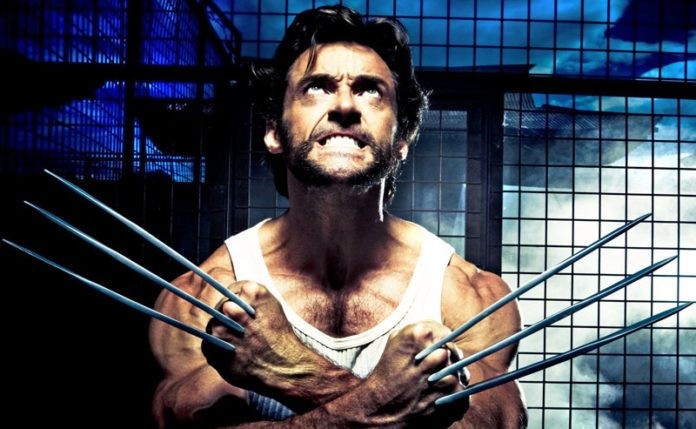
Hugh Jackman remarked that the conclusion to William Munny in Unforgiven was something that he envisioned for his X-Men character. What specifically enticed the actor was how, despite the brutality that was carried out by Munny, the ending suggested a darker future ahead for the cold-blooded killer; a reality where he has to live with his crimes. An unshakable memory—the weight of which has to be carried by the protagonist for a long time.
Jackman explained it in the following manner:
“It’s more powerful that Munny doesn’t die at the end. You assume he’s going to die, but by taking that final action and shooting everyone down, he embraces all the darkness he’s tried to put outside him. Now he’s got to live with it, and it’s almost more devastating.”
James Mangold already had Logan‘s ending—the one we have all been acquainted with—set in his mind and he refused to budge against it. Hugh Jackman still went ahead with his pitching for an Unforgiven-esque ending to the feature. While the idea of Logan’s demise was always planned for, Jackman urged Mangold to consider an alternate ending, by saying, “Let’s be open, because it may be more powerful for him not to die.”
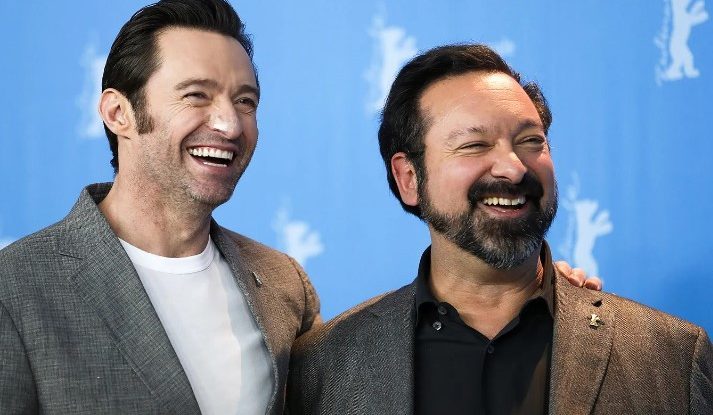
In the end, what stuck was Mangold’s conceptualized conclusion to the events that unraveled in the narrative—which remains ever-present and deeply engrained in the minds of the audiences who grew up with Fox’s X-Men franchise. Jackman, recounting it, claimed that it was the right decision to make in hindsight, as it had an emotionally poetic touch to it.
Following was his statement:
“Unlike a human character, what’s most poignant for someone who is thought to be indestructible is him dying while saying, ‘This is what it feels like.'”
One couldn’t agree more. The death of a titular character is often designated to be a daring move. Only a few film series have been able to pull it off without having disregarded the legacy of the characters. Logan seems to be falling in that category. For a heavily tormented character whose arc relied on themes of indestructibility and immortality, the end of the film brings a resolution that provides a symbolic flair.
The fans simply wouldn’t have it any other way.
Logan starring Hugh Jackman is available for streaming on Disney+.
Source: Yahoo

